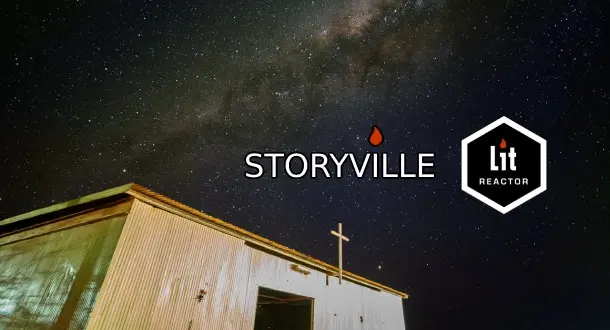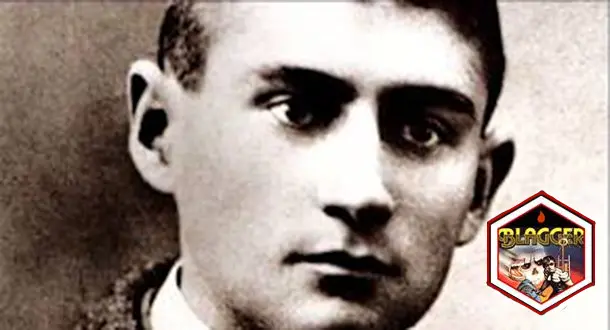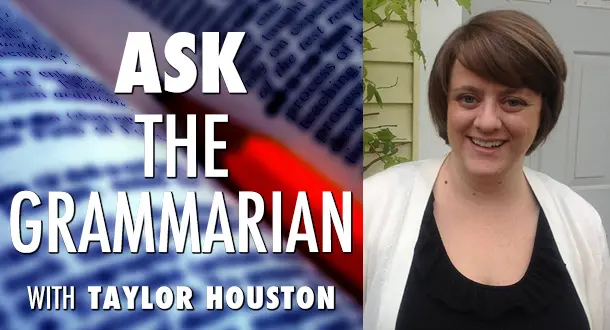Menu
Columns
Showing 3546 Columns
Showing 3546 Columns
August 9th, 2013

There's nothing more frightening than the realization that in a few short months, you will have a baby. A real, live, screaming baby, one that requires attention every day of the week. Not only that, but you will have to parent your child through all of those developmental stages you chose to forget about in your own life. Puberty, anyone? And remember that kid in elementary school who ate his boogers? Or the one obsessed with bugs? Those children had parents, and now, that parent might be you.
Read Column →August 9th, 2013

Horror is typically associated with autumn, when the days turn shorter, the air grows brisk, trees lose their leaves, and jack-o’-lanterns take their place on every doorstep. But there’s plenty of horror that’ll keep you awake through the sweltering nights. Here are eight short stories and seven novels perfect for the summer. Note: With the short stories, I've included links to a collection/anthology containing that story to make them easier to track down.
Read Column →August 8th, 2013

Photo by Emilian Robert Vicol Most prolific readers have been in a position at some point in their lives when getting rid of a few books becomes necessary. It’s an unpleasant prospect, so you stave off the inevitable by tossing clothes, knickknacks, even furniture, but eventually there’s no getting around it: that box of dog-eared mystery novels that you picked up at a yard sale has got to go.
Read Column →August 8th, 2013

I know that we’ve talked about a wide variety of craft, process, and submission techniques here in Storyville, but what I’d like to do today is give you ten of my best tips to help you get your stories published. Based on five years of sending my work out, here are the most successful ideas I have for giving yourself a good shot at getting accepted. Obviously, it’s always about the writing, your compelling stories, your unique voice, well written, with emotional impact. But there are other factors that can help tip the deck in your favor.
Read Column →August 7th, 2013

To blag (v): to sound like you know what you’re talking about when you don’t The Blagger’s Guide to Literature (n): an invaluable resource for those who wish to blag about books without actually reading them.
Read Column →August 7th, 2013

I discussed the need to get rid of empty emphatics when I gave you 8 words to seek and destroy in your writing, but just saying that you should get rid of a thing doesn't say much about the right way to do so. Today I'm going to show you a few of my favorite ways to get rid of your empty modifiers.
Read Column →August 7th, 2013

One of the most exciting and helpful features we offer in the LitReactor Magazine is our series of columns geared at answering reader questions. As you know, Erin Reel-—publishing and editorial consultant, writing coach, columnist and blog host—led this feature with her masterly 'Ask The Lit Coach' series of columns.
Read Column →August 6th, 2013

Why The F*ck Aren't You Reading? is a feature where the columnist spotlights a writer who has a dedicated following and is well known within the writing community, but hasn't achieved the elephant-in-the-room style success of a Stephen King or Gillian Flynn—But they deserve to, dammit! Hopefully the column will help gain the author featured a few more well deserved readers.
Read Column →August 5th, 2013

The current wisdom states that right now there has never been a better time to become an indie author by publishing eBooks for the Kindle and other devices. While I firmly believe this to be true, there is another reality which is also true and should sober the wide-eyed naïveté of any would be author. In truth, many more books are being released on Amazon than actually sell. When an author releases a book, they are more likely to simply watch their book's ranking plummet each day as no one buys it than they are to become a successful eBook author.
Read Column →August 5th, 2013

All great stories incorporate some level of suspense, even when they're not conventional mysteries or thrillers. Authors pose the audience questions about the characters' actions and the overall development of the plot. Often, these questions are the same for any given genre. So in love stories, for instance, we wonder whether the couple will get together/stay together/get back together.
Read Column →🎼
Tell us about your book, and we'll give you a writing playlist
Take our 1 minute quiz to find your ideal tunes.